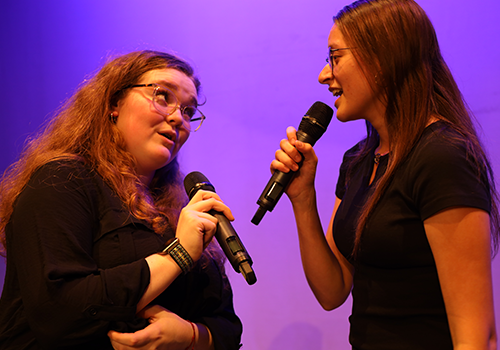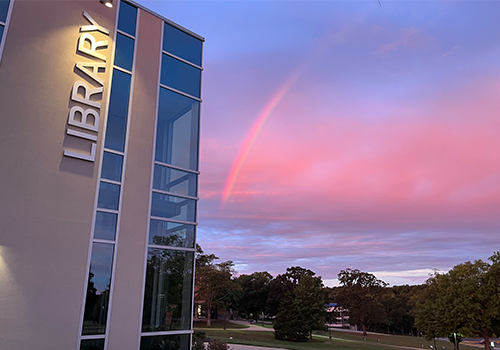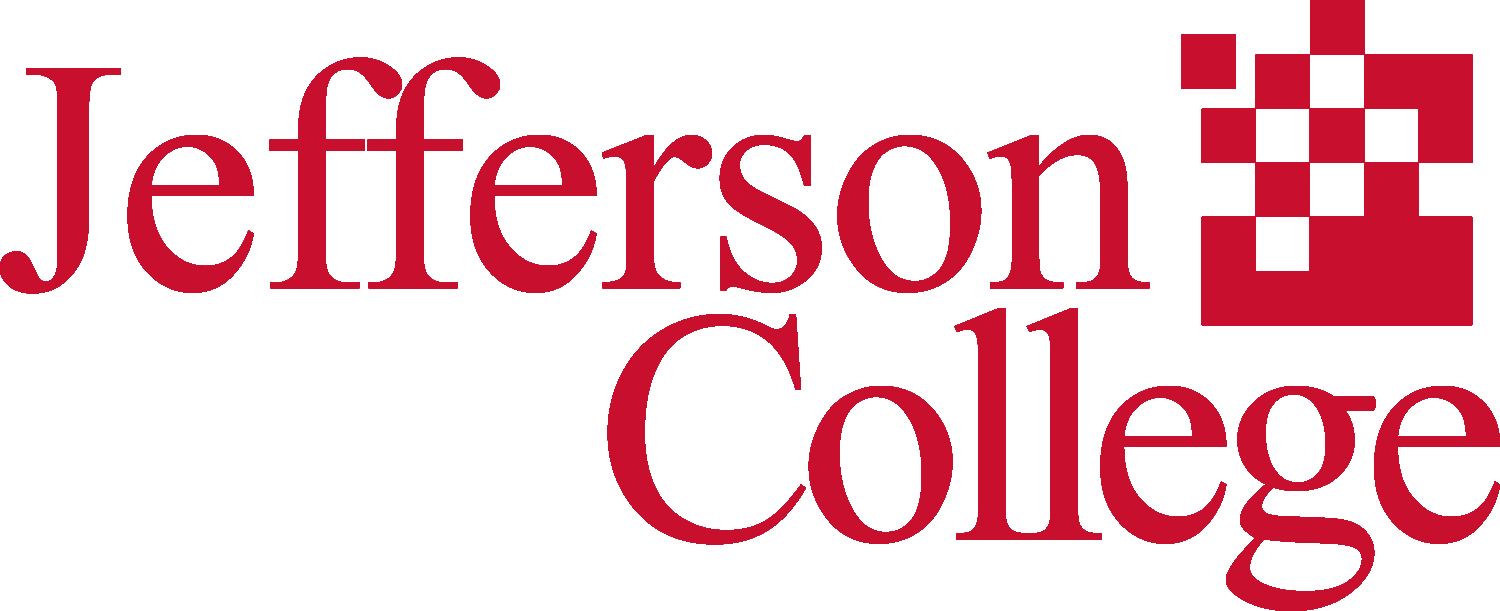Computer Use Policy
Jefferson College Academic Computer Use Policy Purpose
As part of its educational mission, Jefferson College strives to provide quality computing facilities. Each computer user is responsible for use of the computing resources in an effective, efficient, ethical, and lawful manner. Please note that computing at Jefferson College is a privilege, not a right. Each individual is responsible for selecting; viewing, and utilizing appropriate resources and avoiding excessive use of the system that could interfere with other College purposes. It is the objective of Jefferson College to maintain an atmosphere of constructive learning, academic freedom and proper asset management and control. The following policies and practices are intended to be helpful in the appropriate use of Jefferson College's technology resources.
User Eligibility
All users must adhere to the Jefferson College Academic Computer Use Policy. Scheduled classes have priority use of the computer labs. Non-class users may be asked to leave during class sessions. Otherwise, the campus computer labs are open-access labs available to students and staff of Jefferson College. Community members who would like to use a campus computer lab should contact a staff member. Approval will be based on availability of computers and an agreement to abide by the policies. All lab users under the age of 18 who are not currently enrolled in a Jefferson College credit class must have written parental consent on file in order to use the Internet. Parents should contact a staff member to obtain a Parental Consent Form for Computer Use. As stated in the Emergency Procedures Crisis Management Guidelines Manual, children under the age of 12 are not allowed on campus without adult supervision. Users may be asked to show a photo I.D. and/or sign in to use a computer in campus computer labs. Sign in data is used to generate usage reports to determine staffing needs.
General Guidelines
Access to computing resources is contingent upon prudent and responsible use. Inappropriate use of computing services and facilities will not be tolerated and may result in loss of computing privileges. In addition, disciplinary and/or legal action will be pursued for violation of these codes and statutes through appropriate procedures. To obtain additional information regarding the procedures and additional sanctions, students should refer to the Student Conduct Code found in the Student Handbook. All computer users are expected to observe ethical behavior in the use of College equipment and services.
Examples of inappropriate use include the following:
- Wasting limited resources, such as excessive printing or printing multiple copies
- Disproportionately using computing resources
- Altering, changing or deleting hardware and software configurations
- Loading unlicensed applications/program software onto lab computers
- Simultaneously using multiple computers
- Using College computing facilities for commercial purpose
- Interfering in any way with another’s use of College equipment or services
- Causing a disturbance or nuisance in the computer lab
Examples of unacceptable, zero tolerance use includes the following:
- Knowingly introducing a computer virus or other destructive program
- Creating, disseminating, or possessing pornography
- Possessing or using program, files, or instructions for violating system security
- Intimidating or creating an atmosphere of harassment based upon gender, race, religion, ethnic origin, creed, or sexual orientation
- Creating an “offensive educational environment”
College staff members have the authority to revoke computer lab privileges for any person engaged in inappropriate or unacceptable use of the computer lab. Disregard of any warnings issued or sanctions made will result in referral to the Dean of Student Services for disciplinary action. Community members in violation of computer use policy may be referred to the Site Coordinator or Public Safety. No person may use College computing resources to violate any state or federal laws. Such actions will result in notification of the appropriate authorities.
Examples of illegal use include the following:
- Creating, disseminating, or possessing child pornography
- Violation of copyright law (i.e. making illegal copies of copyrighted material.
Such materials may include software, movies, music. For example, peer-to-peer file sharing is often used illegally)
- Fraudulent, threatening or obscene e-mail, graphics, or other electronic communications
- Unauthorized entry into secure web sites or servers.
Please note that, since the Jefferson College computer labs are open-access labs, using a lab to review what may be considered pornographic or obscene material violates Student Conduct Code, III, Behavioral Misconduct, as outlined in the Student Handbook. Misuse of computers including but not limited to creating an “offensive educational environment” and “causing a disturbance or nuisance in the computer lab” violates Student Conduct Code, II, Interference with the Educational Mission of the College, as outlined in the Student Handbook. Computer users conducting research on a topic that may be considered harassing should contact the Director of Library Services to make other arrangements.
Responsibility
Jefferson College and its staff are not liable for any damages and/or losses associated with the use of any of its computer resources or services or incurred by loss of service. Users are encouraged to save often to removable media, not the computer. NOTE: The terms lab, computer lab(s), and campus computer lab also refer to the computers in the Library at all Jefferson College locations. The term community member(s) also refers to Community Borrowers or any library user








